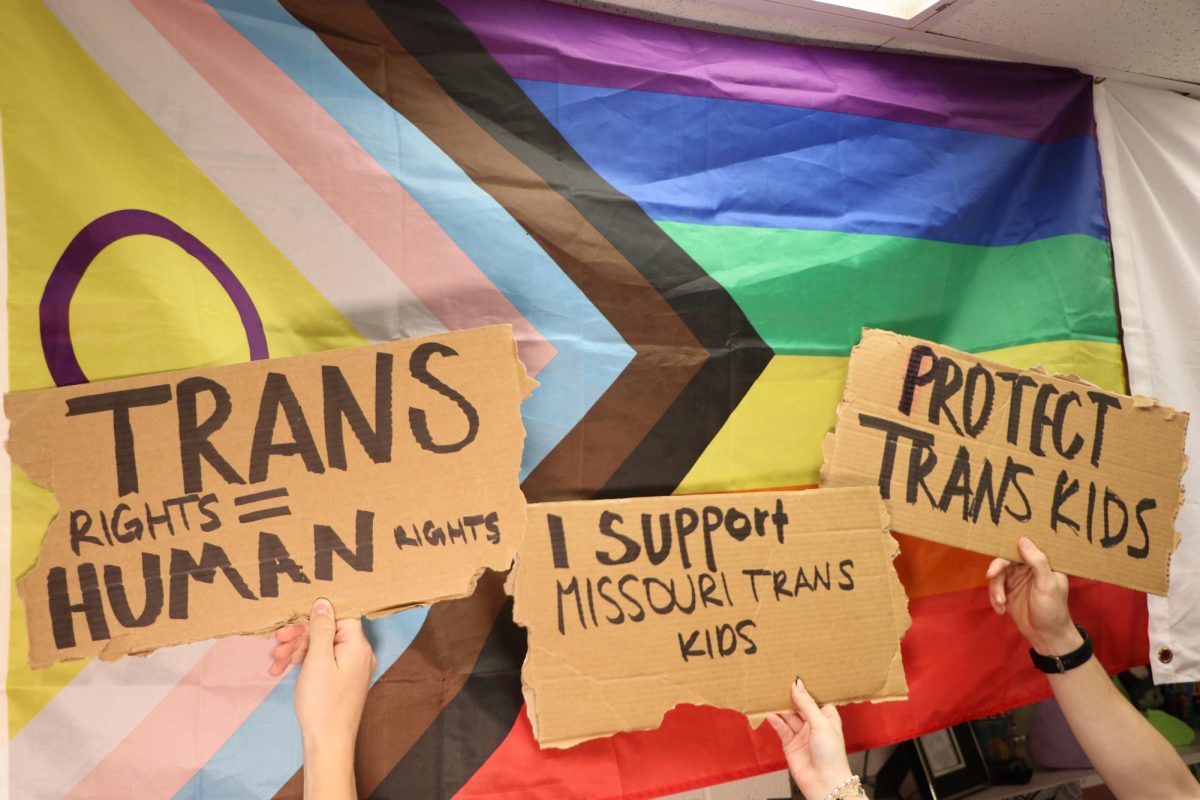The Washington University Transgender Center abruptly ended its gender-affirming medication services on Monday, Sept. 11, due to a law signed in June that prevents transgender minors and some adults from receiving such treatment.
The Center will still offer education and mental health services to transgender youths, but will no longer provide the crucial services these individuals need. The bill itself prevents healthcare providers from prescribing those under the age of 18 with gender-affirming treatments, such as puberty blockers and hormones.
The WashU Transgender Center was the last place for transgender children and teens to receive this gender-affirming care in the state of Missouri.
After repeated attacks on the transgender population, this discrimination must end.
A popular misconception is that “gender-affirming care” automatically suggests gender reassignment surgery. This is simply not true — children and teens in Missouri legally cannot be provided by their healthcare with gender reassignment surgeries.
The WashU Transgender Center services included hormone therapy, as well as specialty care such as gynecology and urology.
Those who identify as transgender have significantly higher suicide rates than those who identify as cisgender — the National Library of Medicine reported that 82% of transgender individuals have contemplated suicide, while 40% have attempted.
According to a survey by the National Education Association, transgender students said anti-LGBTQ laws intensified their mental health issues. Without gender-affirming care, these statistics will rise.
Studies such as one conducted by the Trevor Project, a non-profit organization that focuses on LGBTQ suicide prevention, show that fewer than one in three trans youth in the United States found their own home to be gender-affirming. It was also reported that LGBTQ youth who live in a community that is accepting of the LGBTQ community held significantly lower rates of attempting suicide.
There are hundreds if not thousands of transgender children under the age of 18 in Missouri right now who fear for their safety. Who are hated by their government. Who are persecuted in their communities.
There are families whose sons, daughters, brothers or sisters are not protected by their government. These children are in danger, and these repeated attacks must come to an end.





